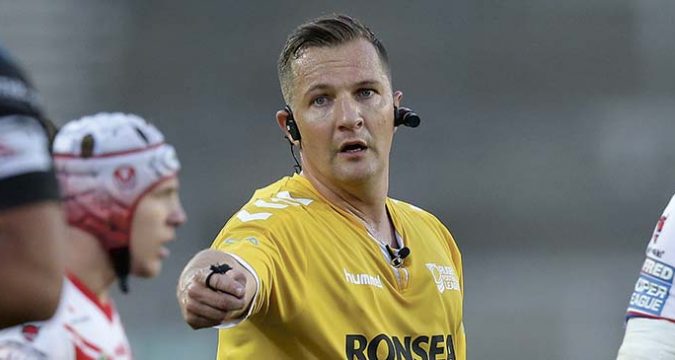 EACH year there is a long debate about the current rules that govern rugby league and Super League in particular.
In recent years, the likes of the six again, shot clocks and the scrapping of scrums for some restarts has seen the game become a lot faster. But is that helping?
Here, we take a look at three potential rule changes that could hel
EACH year there is a long debate about the current rules that govern rugby league and Super League in particular.
In recent years, the likes of the six again, shot clocks and the scrapping of scrums for some restarts has seen the game become a lot faster. But is that helping?
Here, we take a look at three potential rule changes that could hel Three rules Super League would benefit from if introduced
 EACH year there is a long debate about the current rules that govern rugby league and Super League in particular.
In recent years, the likes of the six again, shot clocks and the scrapping of scrums for some restarts has seen the game become a lot faster. But is that helping?
Here, we take a look at three potential rule changes that could hel
EACH year there is a long debate about the current rules that govern rugby league and Super League in particular.
In recent years, the likes of the six again, shot clocks and the scrapping of scrums for some restarts has seen the game become a lot faster. But is that helping?
Here, we take a look at three potential rule changes that could hel 